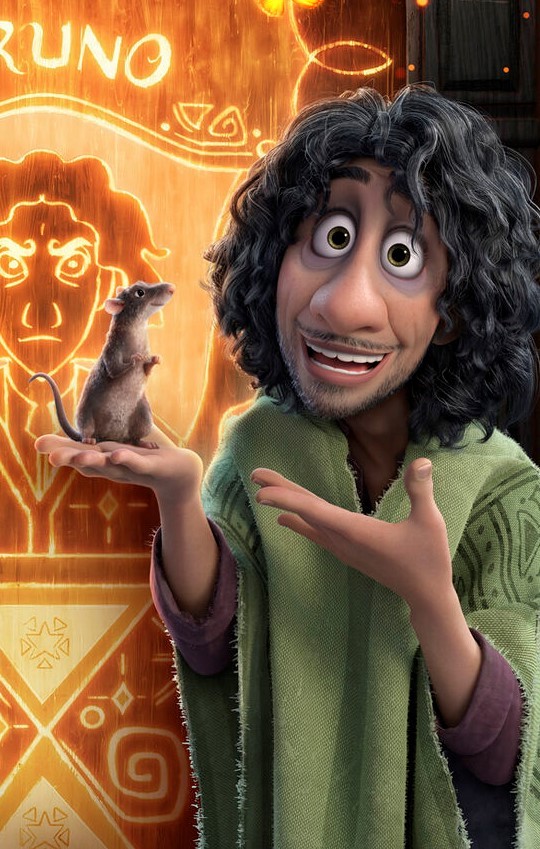#aro culture
guys… my friend told me she imagines what her life would look like with every guy she meets, no matter how briefly
Is this for real? What sort of allo culture-????







Is is too soon to headcanon Bruno Madrigal as aroace?
ace and aro and so on and so forth
Time for another aro positivity post because we all need and deserve it!
- Shoutout to aros who experience some level of romantic attraction, shoutout to aros who feel zero romantic attraction
- Shoutout to aros who feel deep love for their friends, shoutout to aros who don’t put emphasis on platonic relationships
- Shoutout to aros who partner up, shoutout to aros who don’t partner up
- Shoutout to aros who want to reclaim the word “love”, shoutout to aros who want to reject the word “love”
- Shoutout to aros who are also ace, shoutout to aros who aren’t ace
- Shoutout to aros who are out, shoutout to aros who are closeted
- Shoutout to aros who are accepted for their identity, shoutout to aros who receive hate for their identity
- Shoutout to aros who feel like they belong in queer spaces, shoutout to aros who feel rejected in queer spaces
- Shoutout to aros who feel included in aspec spaces, shoutout to aros who feel disconnected to the aspec community
- Shoutout to aros love being aro, shoutout to aros who hate being aro
- Shoutout to aros who love romantic content, shoutout to aros who hate romantic content
- Shoutout to aros who use microlabels to define their orientation, shoutout to aros who just use the word aro
- Shoutout to aros who have known they’re aro all their life, shoutout to aros who found out later on in life
Shoutout to aros
From one of your friends on the ace spectrum. (me)

The online aro community is very English speaking, meaning language is also English-centric. I think it’s important to remember that at times native English speaking aros and non-native English speaking aros with the same exact experiences won’t be drawn to the same concepts due to language issues.
For example, in my language the word “love” mostly refers to romantic love. “I love you” is a sentence you say to your romantic partner, while you may tell friends and family something that we could translate as “I care about you”. Non-romantic affection is therefore less linguistically connected to romantic affection than it is in English. What in English is the broad “love” in other languages can be split in various definitions. This has implications for example when it comes to terms such as loveless or lovequeer, which were coined in an English setting.
Personally, I consider myself loveless despite this division of love that exists in my language. There have been experiences that have alienated me from non-romantic love. Besides, while my language has elements that English lacks, “love” can still be used as a broad term for all forms of affection in certain contexts. However, while in English I use loveless, in my language I would probably use a different vocabulary to describe myself, if such vocabulary existed (unfortunately, the English speaking aro community is still by far more active and developed).
On the other hand, someone whose native language works like mine may decide not to use loveless due to their cultural context. If your language has multiple words for different kinds of love then you might see them as separate things, while an English speaker may consider all of them different manifestations of the same concept. Some loveless aros have also said they identify as loveless because to them love is a concept too broad and confusing to be understood - in a language with a narrower definition of love, this confusion may not happen.
Aro culture is thinking wedding dresses are really pretty and only wanting one to wear just for fun bc lol marriage? No thanks I just like the aesthetic of this dress and flowers
